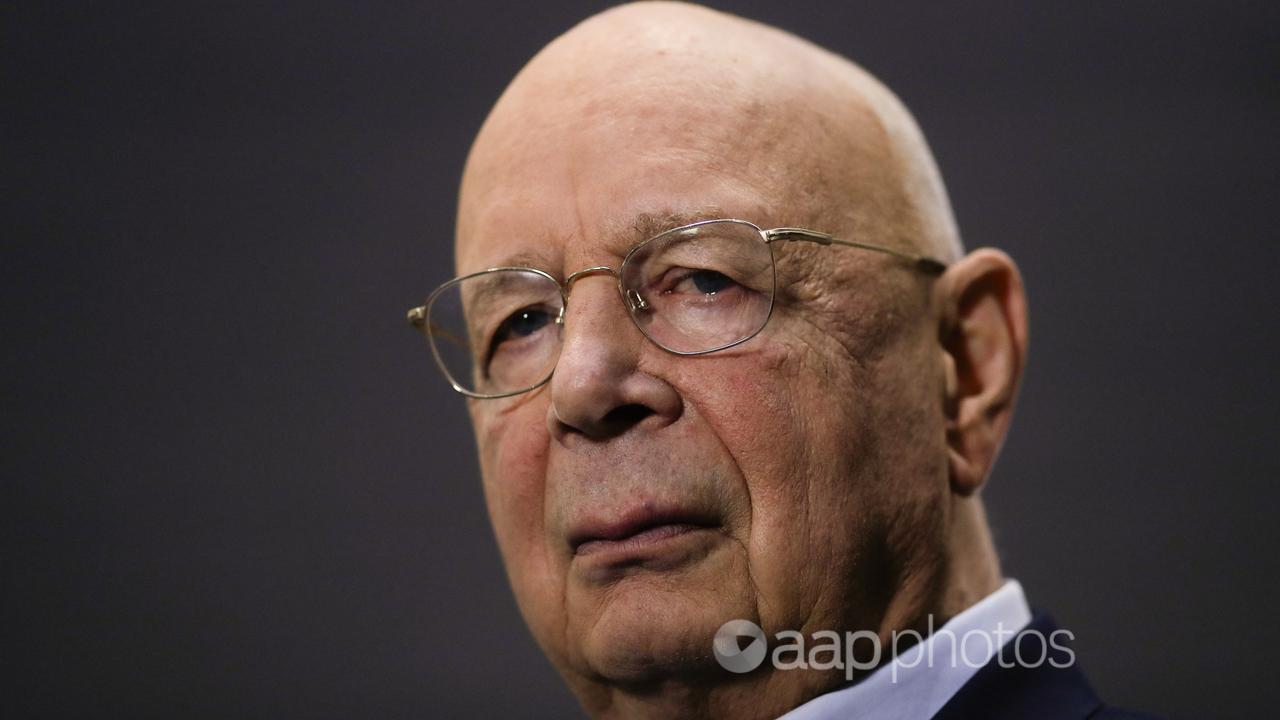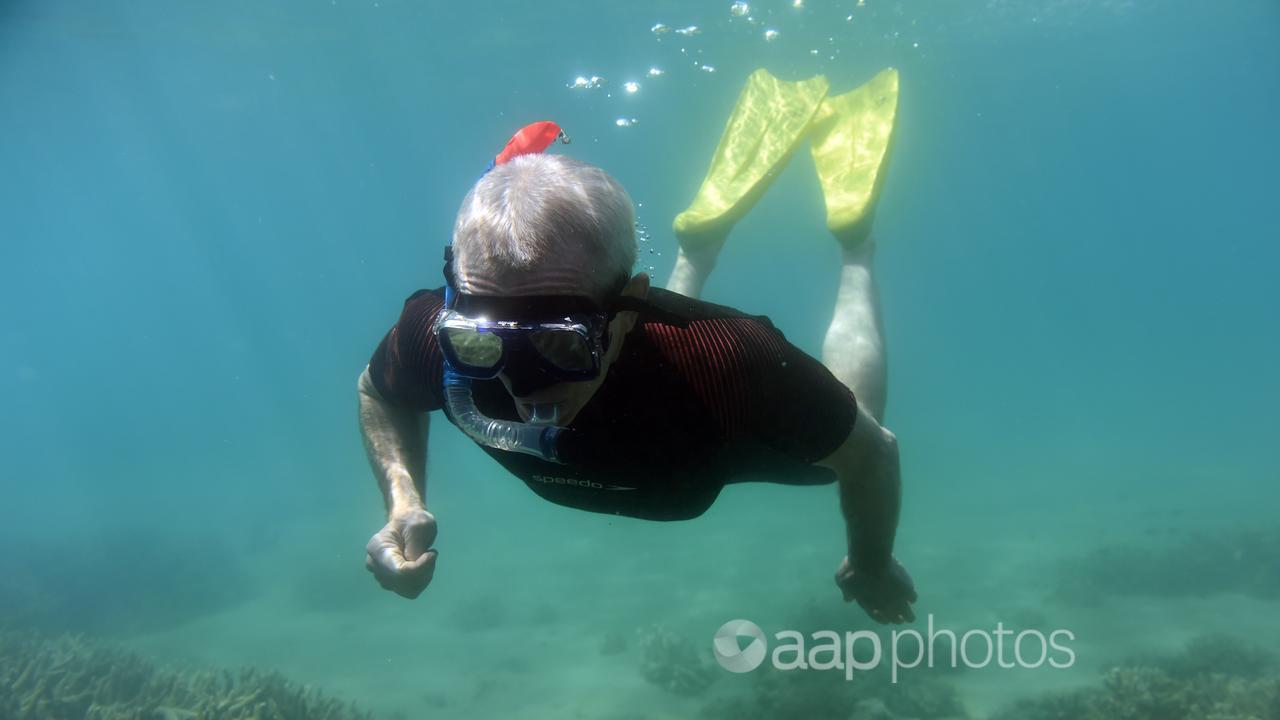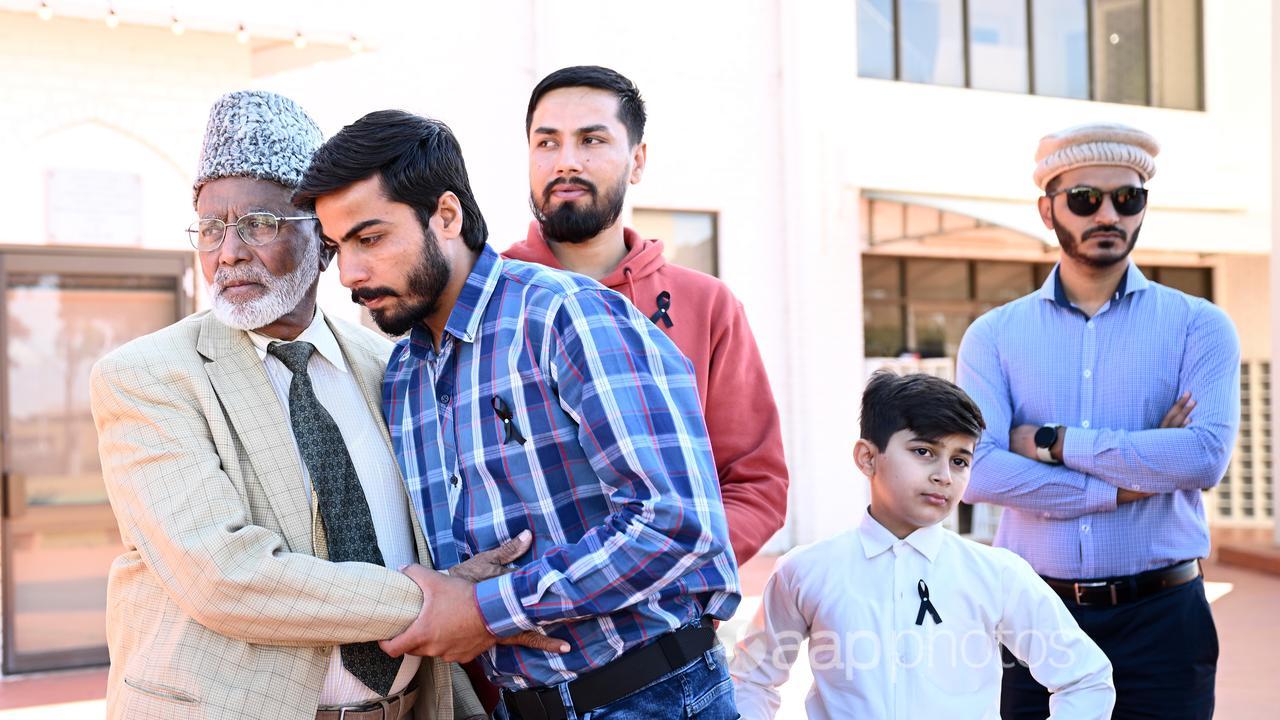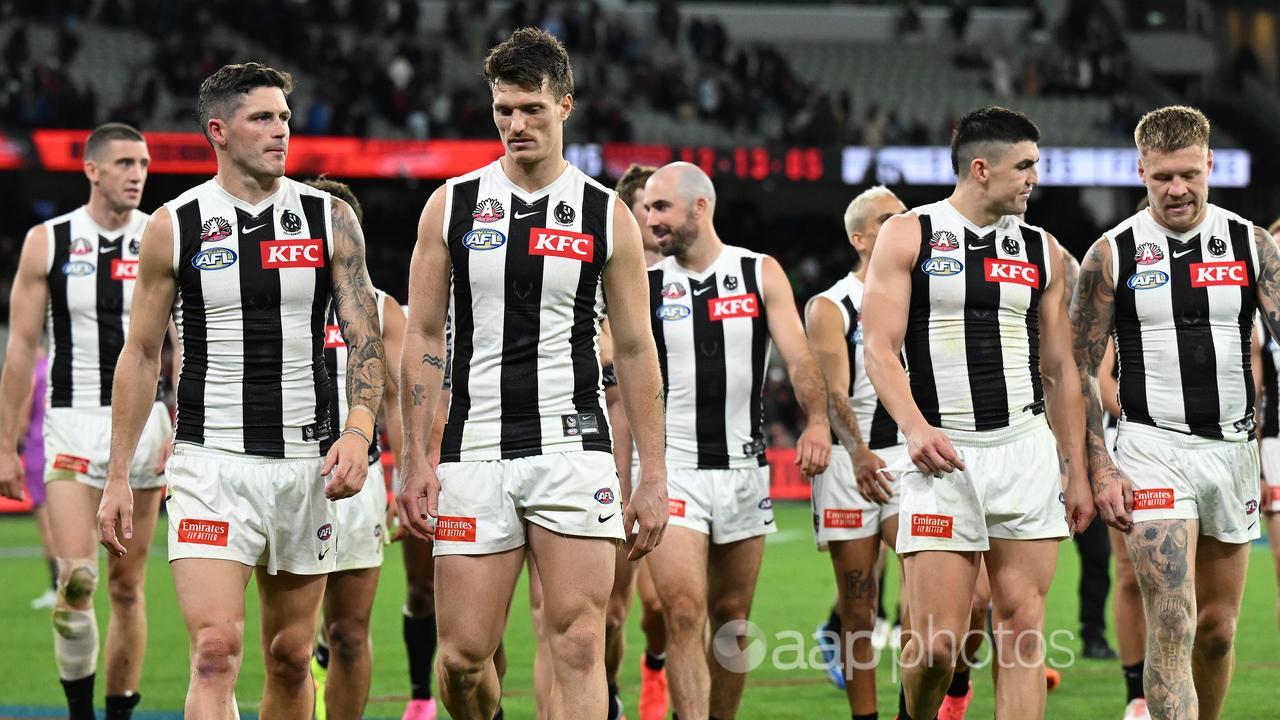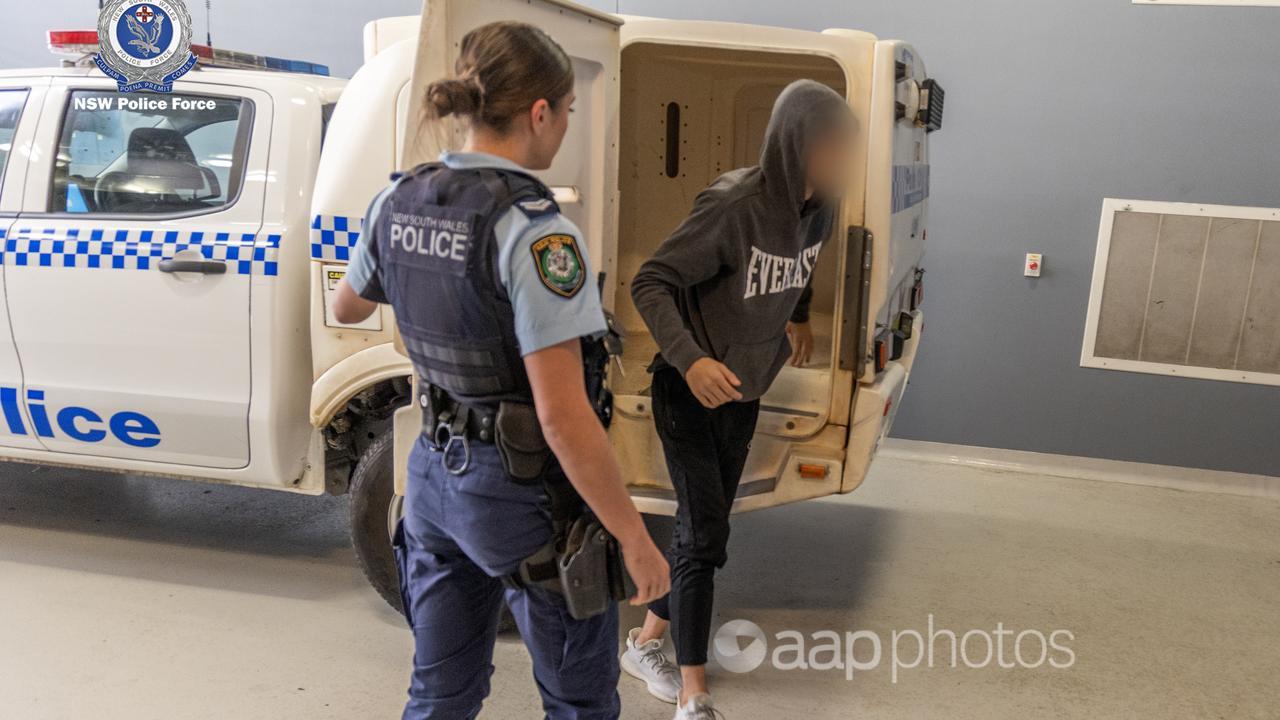Amid COVID-19’s spread into most parts of Australia, a social media post claims unvaccinated people will be denied life-saving surgery in the country.
But the post is misleading and includes an out-of-context snippet from a media report. It refers to a Queensland-only policy of denying certain unvaccinated patients access to donor organs, a policy which has not been implemented elsewhere and does not apply to medical procedures other than organ transplants in the state.
The claim comes from a December 13 Facebook post that includes a grab of a 7 News TV report. The post’s text states: “Unvaccinated Australians will be denied life-saving surgery. This needs to go worldwide.”
In the video snippet, a 7 News reporter is heard saying: “Of course, a bitter pill to swallow this morning for the unvaccinated … Queenslanders needing life-saving surgery, it’s been revealed that patients will be denied that procedure, unless they’re fully vaccinated. Many say they’re not anti-vaxx, they’re just fearful of the side effects. That policy won’t be re-evaluated until February next year.”
While AAP FactCheck was unable to source the full broadcast, the 7 News clip appears to relate to December 6 reports about kidney, lung and heart transplant recipients being denied the procedures if they are unvaccinated – see here and here.
However, the reports relate to Queenslanders only and not Australians more broadly, as suggested by the Facebook post. The edited video excerpt also does not include references to the fact it solely concerns some organ transplants.
A Queensland Health spokesman told AAP FactCheck in an email that no person presenting to a Queensland Health hospital in an emergency would be denied medical care, regardless of their vaccination status.
The spokesman added that the policy about organ transplants and the unvaccinated was based on concerns for their wellbeing.
“A recipient is highly immunosuppressed post-transplant, which is why it’s incredibly important for the person to be vaccinated prior to transplant,” he said.
“Queensland Health prioritises safety before, during and after a transplant. That is why the Queensland Kidney Transplant Service has endorsed a minimum requirement of two doses of an approved COVID-19 vaccine prior to receiving a kidney, lung or heart transplant. Prior to transplant and as per normal process, the recipient must ensure all of their vaccinations are up to date. The COVID-19 vaccination is no different.”
The federal Department of Health has identified “solid organ transplant recipients who are on immune suppressive therapy” as being at greater risk of severe illness if they are unvaccinated. However, Queensland Health’s policy on organ transplants is not shared across Australia.
A Western Australian Department of Health spokesman told local media the state had no plans “to deny unvaccinated people medical treatment of any kind, including organ transplantation”.
A NSW Health spokeswoman told AAP FactCheck in an emailed statement that there was no legal requirement for a patient to be vaccinated against COVID-19 for any treatment in the state – although vaccination was “strongly recommended”.
There was also no requirement that organ transplant recipients be fully vaccinated. She noted that the Australian Technical Advisory Group on Immunisation (ATAGI) had recommended people who were severely immunocompromised – including transplant recipients – receive three doses of a COVID-19 vaccine to help them build an immune response.
A South Australia Health spokeswoman also told AAP FactCheck that while COVID vaccination was strongly encouraged for all eligible South Australians, there was currently no medical treatment for which it was a requirement.
Victoria’s Department of Health did not respond to questions, however the state’s government has not indicated publicly that would limit access to any medical treatments for the unvaccinated.
The body for professionals working with transplants, the Transplantation Society of Australia and New Zealand (TSANZ), has indicated the vaccination status of organ donor recipients would be one of the factors taken into consideration when deciding whether to proceed with a transplant.
In a position statement dated October 27, TSANZ said every transplant decision involved the consideration of all medical factors, and during the COVID-19 pandemic these included the number of infections in the local environment and the vaccination status of potential recipients.
“Where the risk of COVID infection in the early post-transplant period is deemed to represent an unacceptably high risk, organ transplantation may not proceed,” it said.
The Verdict
The post misleadingly uses an edited news clip to categorise a Queensland-only policy on certain organ recipients requiring COVID-19 vaccination as a denial of “life-saving surgery” for Australians, implying it applies more broadly.
Other states do not have the same policy, and the vaccination requirement does not apply to medical procedures in Queensland in general. Australia’s transplantation has, however, advised that a patient’s vaccination status could be taken into consideration when deciding whether to proceed with an organ transplant.
Misleading – The claim is accurate in parts but information has also been presented incorrectly, out of context or omitted.
AAP FactCheck is an accredited member of the International Fact-Checking Network. To keep up with our latest fact checks, follow us on Facebook, Twitter and Instagram.
All information, text and images included on the AAP Websites is for personal use only and may not be re-written, copied, re-sold or re-distributed, framed, linked, shared onto social media or otherwise used whether for compensation of any kind or not, unless you have the prior written permission of AAP. For more information, please refer to our standard terms and conditions.





